From cycling to Eurovision – how Imperial can help your New Year's resolutions
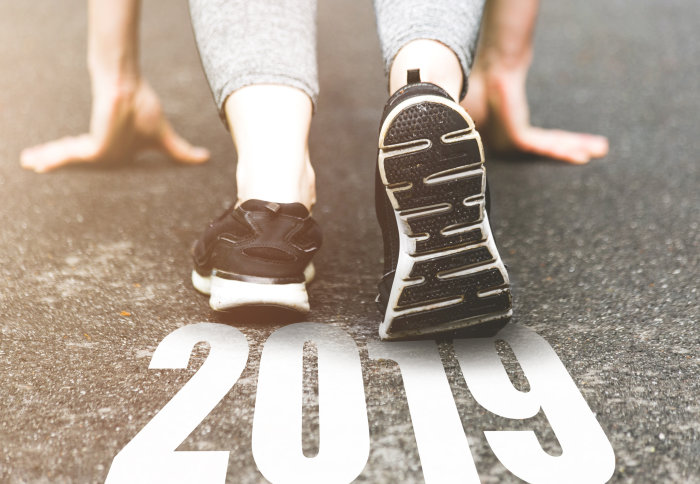
We take a look back at Imperial research from the past year to give you some inspiration for your 2019 new year’s resolutions.
Reduce alcohol intake
Thinking of doing dry January? According to Imperial research, this may be something you want to keep up throughout the year…
 Earlier this year, Imperial researchers were among a team of international scientists to suggest there is no safe level of alcohol and instead the health risks outweigh any possible benefits. While previous research has suggested that low levels of alcohol can protect against heart disease and diabetes, the new research found that in fact the risk of developing other health problems only increased with the number of alcoholic drinks consumed each day.
Earlier this year, Imperial researchers were among a team of international scientists to suggest there is no safe level of alcohol and instead the health risks outweigh any possible benefits. While previous research has suggested that low levels of alcohol can protect against heart disease and diabetes, the new research found that in fact the risk of developing other health problems only increased with the number of alcoholic drinks consumed each day.
Eat your greens and eat less salt
Did you know that kale, cabbage and broccoli could prevent cancer? Imperial researchers found that chemicals produced by these vegetables could help to maintain a healthy gut and prevent colon cancer. The study offered the first concrete evidence of how a diet rich in indole-3-carbinol – which is produced when we digest vegetables from this plant group – can prevent colon inflammation and cancer, when fed to mice. 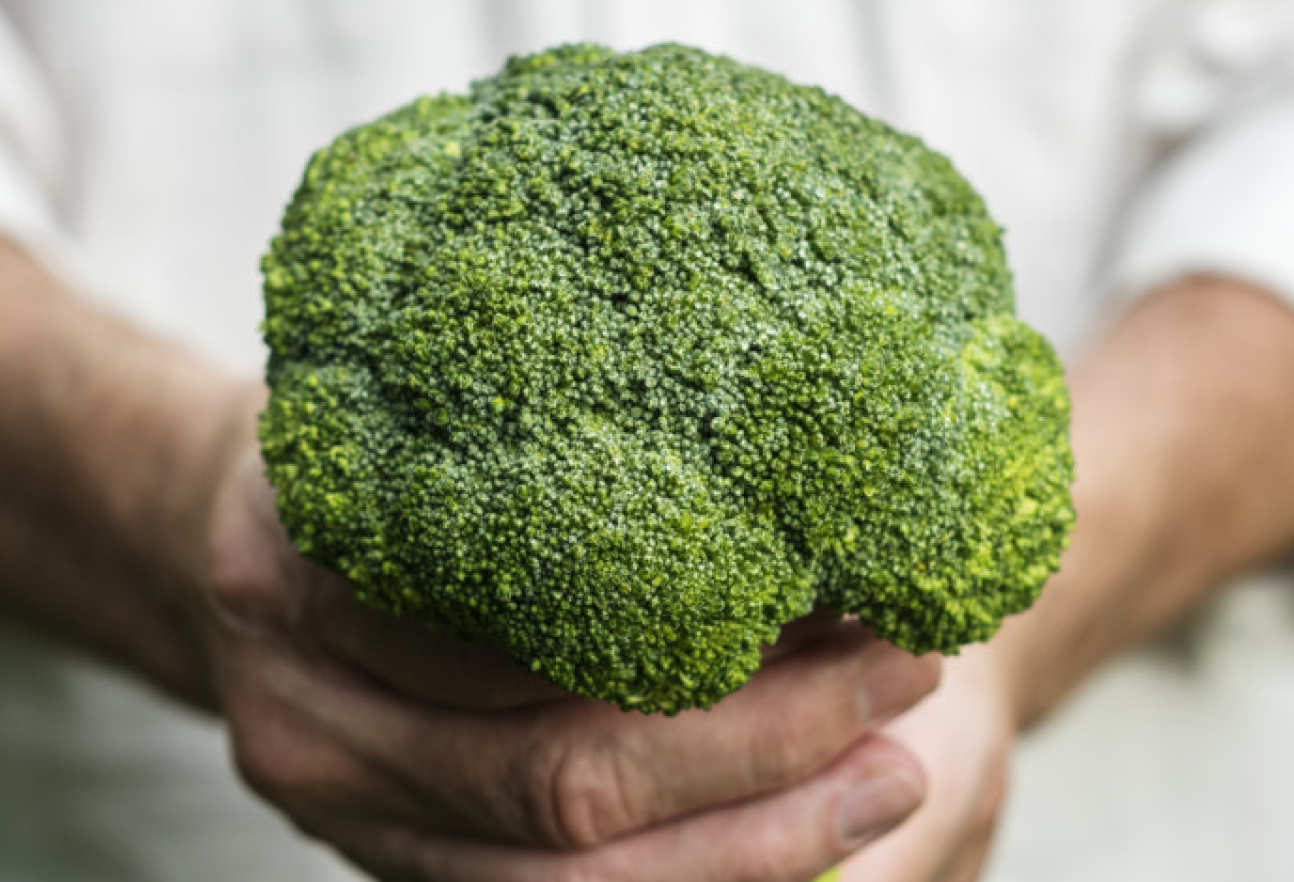
Research analysing the diets of over 4,000 people also found that a healthy diet may not offset the effects of a high salt intake on blood pressure. The results showed that people eating higher amounts of salt had higher blood pressure, no matter how healthy their overall diet was. With high blood pressure affecting more than one in four adults in the UK and increasing the risk of a number of conditions including heart attacks and stroke, the scientists behind the research are now advising people to monitor their salt intake.
Smoke less to help the planet
We all know that smoking is bad for your health, but did you also know that cigarettes have a significant impact on the environment? A report from Imperial scientists showed that the six trillion cigarettes produced yearly impact the environment through climate change, water and land use, and toxicity. 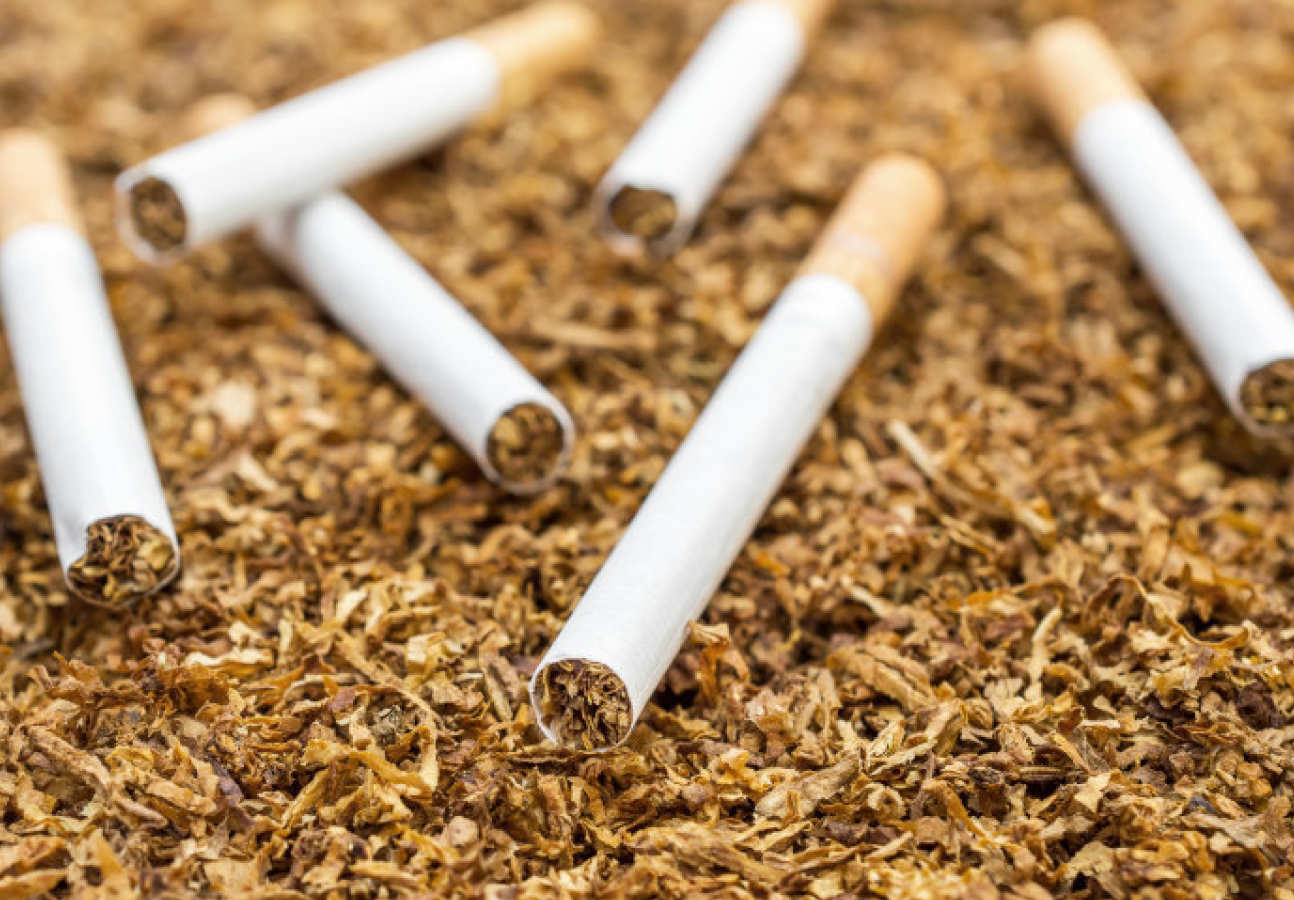
Globally, the cultivation of 32.4 Million tonnes (Mt) of green tobacco, used for the production of 6.48 Mt of dry tobacco for cigarettes, contributes almost 84 Mt CO2 emissions to climate change – approximately 0.2% of the global total. Tobacco production also uses more than 22 billion tonnes of water. The transport and manufacture of cigarettes, as well as their final use and disposal, also use more resources and leave further waste.
Take your bike to work
A study carried out in seven European cities found that cycling has both the best physical and the best mental health benefits – people who cycled in cities were found to have better self-perceived general health, better mental health, greater vitality, lower self-perceived stress and fewer feelings of loneliness.
The team also found that daily travel by bike leads to the lowest BMI of commuters studied, with daily cyclists weighing less than their non-active counterparts do. In ascending order, cyclists have the lowest BMI, then walkers, public transport users, motorcyclists, users of an electric bike, and finally car drivers, who have the highest BMI. 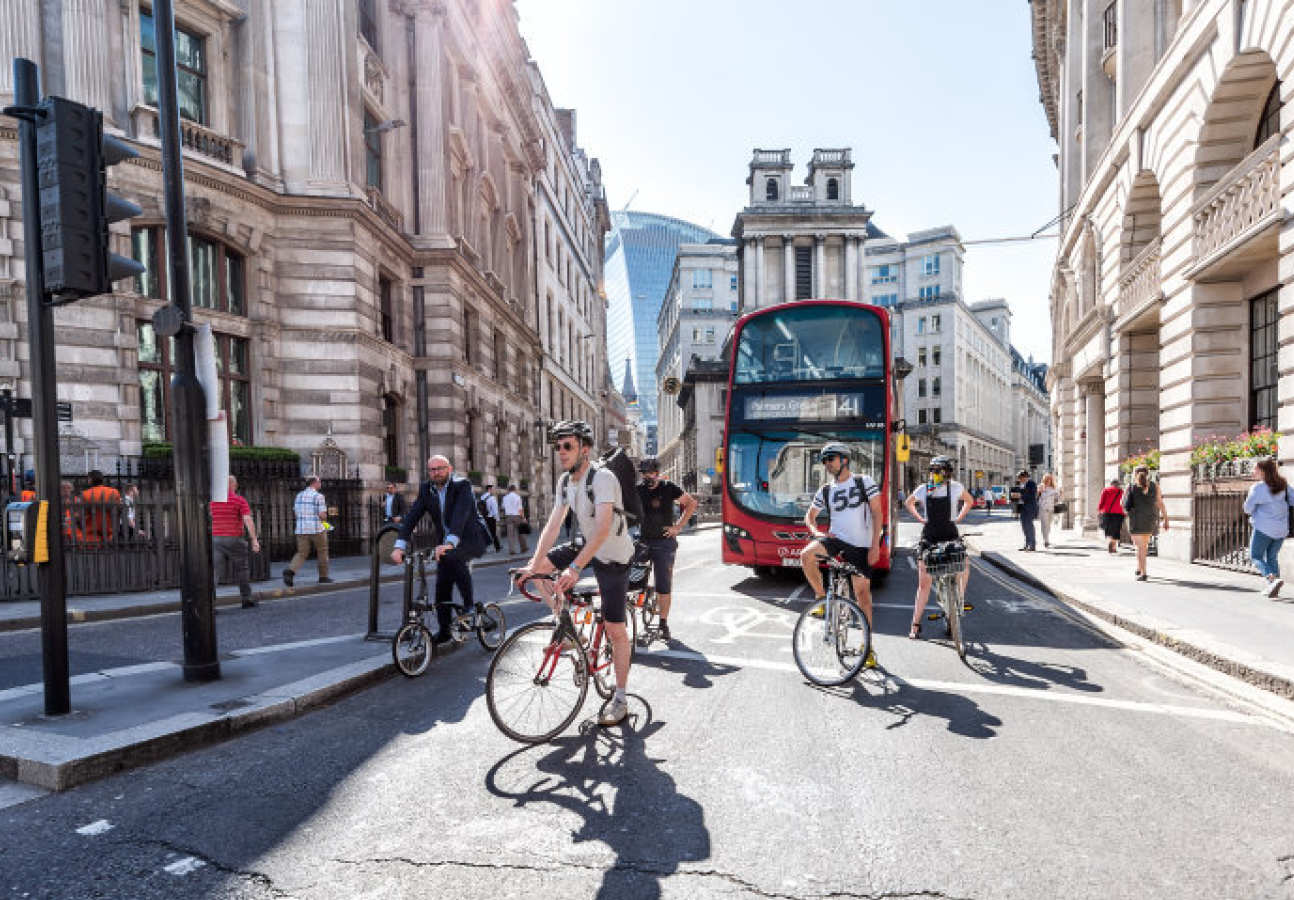
The authors say that active transport, especially cycling, should be encouraged in cities in order to improve health, increase social interaction and also tackle air pollution.
Riding a bike not for you? Do not fear! Another study from Imperial found that leaving the car at home and taking public transport could help more people to hit their minimum daily exercise goals, particularly when catching the train. They found that more than half (52%) of train users hit 30 minutes of activity per day using public transport, compared with just 21% of bus users.
Make mental health a priority
This year Imperial staff shared their personal experiences of mental health and work in a new video. Launched during Disability History Month, the video features four members of Imperial staff discussing their experiences of living with mental health conditions.
Students have also been working to widen awareness of available support, with medical students creating a simulation to show their peers how they can tackle mental health problems and to encourage them to seek help at the earliest opportunity.
Use your tech to…
 … help speed up cancer research while you sleep. A research project at Imperial aims to speed up the delivery of personalised cancer treatments by using smartphones to crunch data while their owners sleep. The project will harness the processing power of thousands of smartphones which, when combined, can analyse huge volumes of data in less time than it would take a supercomputer, and at a fraction of the cost of cloud computing platforms.
… help speed up cancer research while you sleep. A research project at Imperial aims to speed up the delivery of personalised cancer treatments by using smartphones to crunch data while their owners sleep. The project will harness the processing power of thousands of smartphones which, when combined, can analyse huge volumes of data in less time than it would take a supercomputer, and at a fraction of the cost of cloud computing platforms.
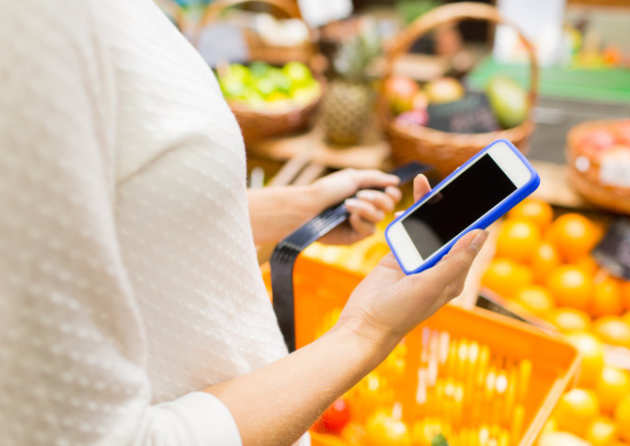 … make healthier choices while food shopping. A new app, developed by Imperial start-up DnaNudge, will use shoppers’ DNA to help them make healthier choices while food shopping. In particular, the researchers will study the effects of DNA-personalised food choices on health outcomes for people with pre-diabetes. For example, a person with high blood pressure who scans a bag of crisps might be offered a lower salt option.
… make healthier choices while food shopping. A new app, developed by Imperial start-up DnaNudge, will use shoppers’ DNA to help them make healthier choices while food shopping. In particular, the researchers will study the effects of DNA-personalised food choices on health outcomes for people with pre-diabetes. For example, a person with high blood pressure who scans a bag of crisps might be offered a lower salt option.
Watch Eurovision!
And finally, one last resolution for 2019… watch Eurovision! Scientists at Imperial found that the Eurovision Song Contest is associated with an increase in life satisfaction. According to the research, people were four per cent more likely to be satisfied with their life for every increase of ten places on the final score board - e.g. their country finishing 2nd rather than 12th. They also found doing badly in the contest was associated with a greater increase in life satisfaction compared to not taking part at all.
Article text (excluding photos or graphics) © Imperial College London.
Photos and graphics subject to third party copyright used with permission or © Imperial College London.
Reporter
Joanna Wilson
Communications Division
